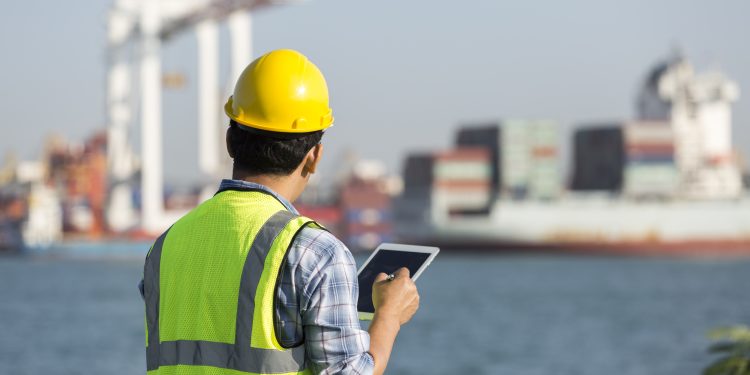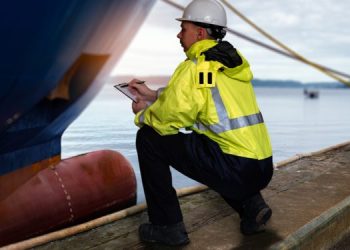As the maritime industry adapts to the SIRE 2.0 inspection regime, Stödig Ship Management announced the rollout of Kaiko Systems’ SIRE 2.0 software across its fleet of 10 tankers.
This decision supports Stödig’s proactive approach to the new SIRE 2.0 regulations, focusing on improving crew readiness and reducing human-related observations during inspections. Stödig aims to equip its crews with the necessary tools and knowledge for smooth and compliant inspections.
Following a successful trial on one of its vessels, which received positive feedback from the crew, the company has decided to implement Kaiko Systems’ product across its entire tanker fleet.
Based in Bergen, Norway, with additional offices in Poland, Romania, and Bulgaria, Stödig Ship Management has extensive experience in vessel management, specialising in chemical tankers, CSOV/W2W, and general cargo/ro-ro vessels. The company has placed emphasis on safety and compliance as part of its operational approach.
With the launch of the SIRE 2.0 inspection regime last month, Stödig has prioritised crew training to minimise human-related observations during inspections. By using Kaiko Systems’ software, crews are now better equipped to handle inspections and respond to questions, the company said. Stödig expects a reduction in negative observations as crew preparedness improves.
The company will assess return on investment as the fleet undergoes further inspections, comparing its performance with industry peers.
Since 2 September 2024, the digitalised Ship Inspection Report Programme (SIRE 2.0) has become the standard tanker inspection tool for the marine industry. SIRE 2.0 introduces a risk-based approach and enhanced tools for reporting outcomes, requiring a cultural shift in the industry. Stakeholders must adapt both logistically and operationally to accommodate the significant changes in tanker inspections.
































































